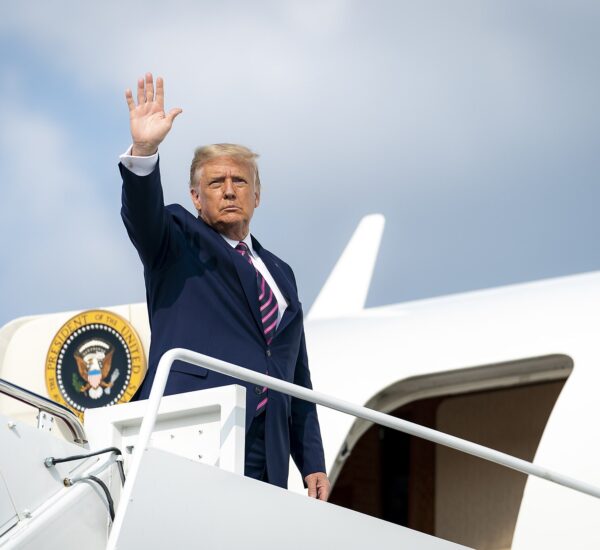The Republican primary election is approaching, and the non-Trump candidates are facing a number of challenges. One challenge is that Trump is still very popular with the Republican base. In a recent Iowa poll, Trump had a 27-point lead over his next closest competitor.
Another challenge is that there is a large field of candidates. This could make it difficult for any one candidate to emerge as the clear alternative to Trump. The current field includes former Vice President Mike Pence, former UN Ambassador Nikki Haley, Florida Gov. Ron DeSantis, and Sen. Tim Scott (R-S.C.).
Finally, the rules of the Republican convention could make it difficult for any candidate to defeat Trump, even if he does not win a majority of the delegates. In order to win the nomination, a candidate must receive a majority of the delegates on the first ballot. If no candidate receives a majority on the first ballot, the convention will go into a second ballot, and so on. This means that even if Trump does not win a majority of the delegates on the first ballot, he could still win the nomination if the other candidates cannot agree on a single alternative.
Some experts believe that the non-Trump candidates have a better chance of defeating Trump if they can unite behind a single candidate. However, it is unclear which candidate would be able to unite the non-Trump vote. Haley and DeSantis have both been gaining traction in the polls, but they are both seen as being too similar to Trump. Pence is seen as being too moderate, and Scott is seen as being too inexperienced.
It is also unclear when the non-Trump candidates would need to unite behind a single candidate. Some experts believe that they need to do so before the Iowa caucuses, while others believe that they can wait until later in the primary season.
Ultimately, the fate of the non-Trump candidates will depend on a number of factors, including the strength of Trump’s support, the size of the field of candidates, and the rules of the Republican convention.






